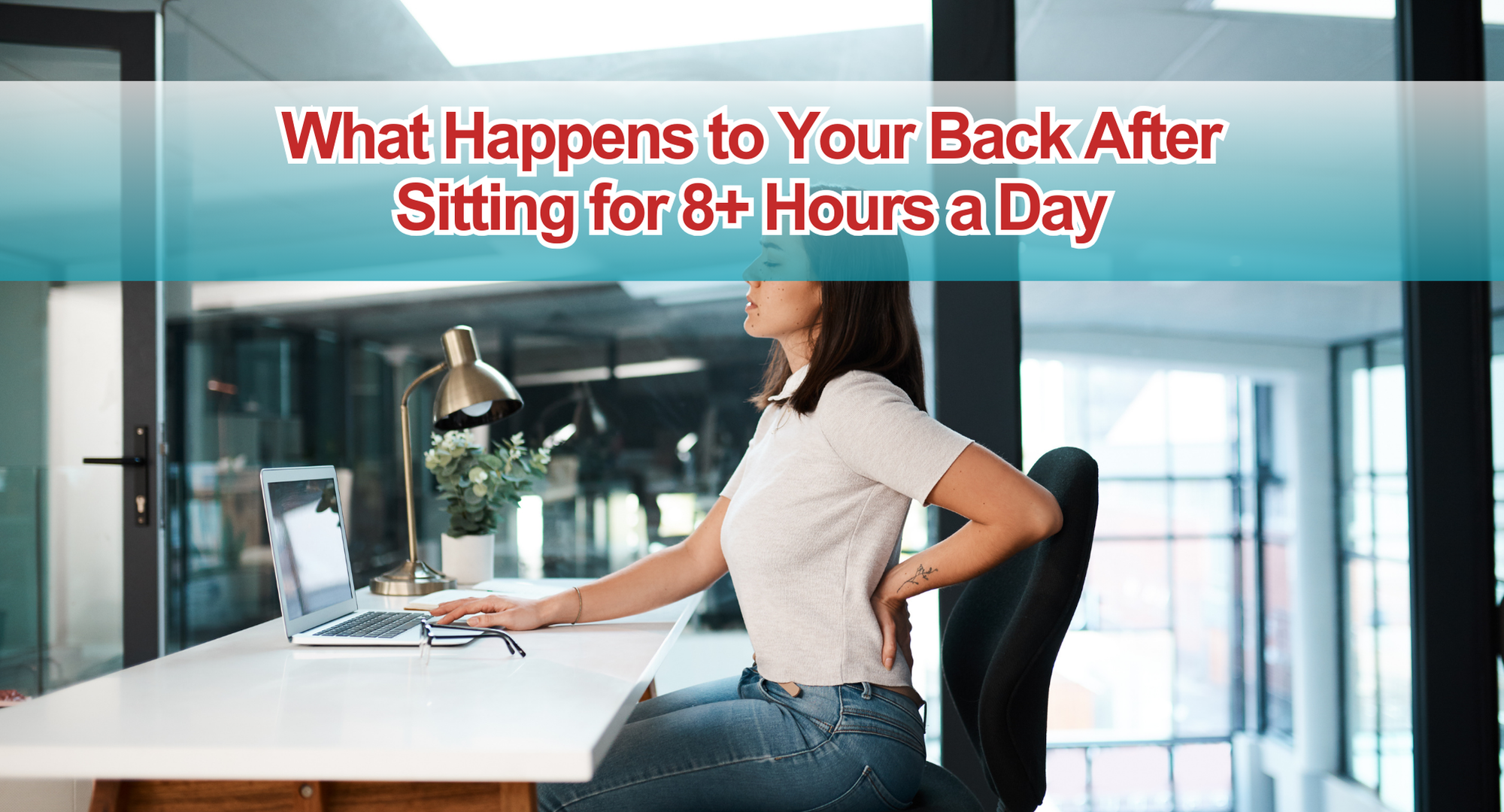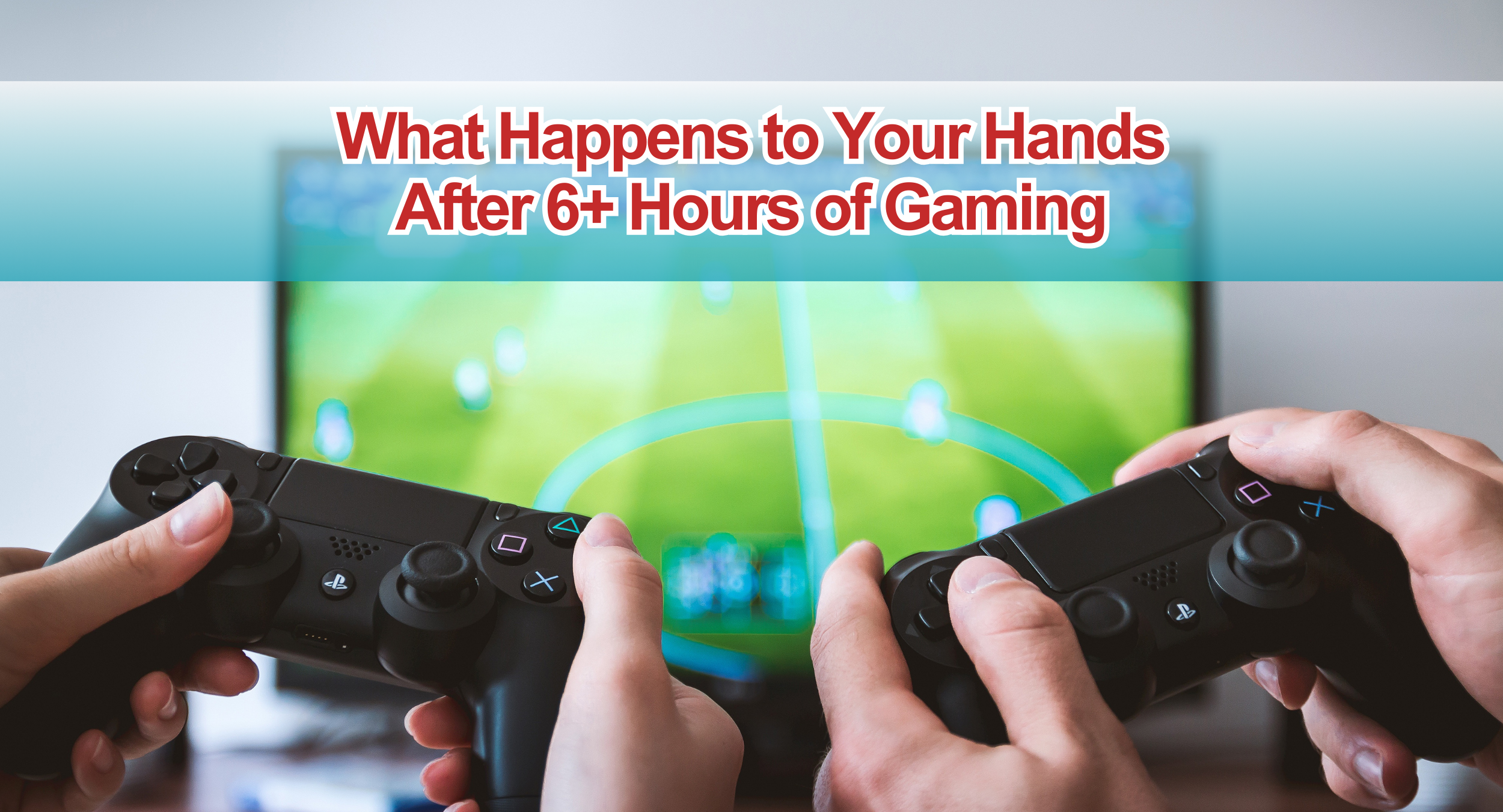Sleep. We all desire we had more of it. Yet it's still. So. Elusive. And at the same time as yawning and feeling worn-out all of the time can be a bummer, a loss of zzz's can have a massive effect on your health. Experts say you should aim to get between seven and eight hours of shut-eye every night time, however, what does that do for you?
- Enough sleep helps you to prevent gaining weight
Racking up 8 complete hours of sleep isn't going to bring about dropping the lbs. through itself, however, it could assist your body from packing on the pounds. If you don't get sufficient sleep, your body produces ghrelin, a hormone that reinforces appetite. Your body also decreases the production of leptin, a hormone that tells you you're complete. Put 'em each collectively and that's one risky combination for late-night snacking, my friend. Plus, whilst you don't sleep sufficient you get more pressure and don't have the energy to fight junk meals cravings. We're exhausted simply considering it.
- Enough sleep improve immune system
When your body receives the sleep it needs, your immune cells and proteins get the rest they want to combat anything that comes their way — like colds or the flu. Right sleep also can make vaccines more effective, which is a plus.
- Enough sleep = better mood
There are a few facts in the old saying, "Getting up on the right side of the bed." It has not anything to do with which side of the bed you roll out of, however, sleeping can result in good moods. And really, it makes sense. If you sleep well, you awaken feeling rested. Being rested allows your energy levels to soar. When your energy is up, life's little demanding situations won't annoy you as much. When you're not annoyed, you're not as angry. If you're not angry, you're happy. So, go to the bed early and everyone around you may thank you for it.
- Enough sleep strenghten heart
Not getting sufficient sleep can result in coronary heart health problems like excessive blood stress or heart attacks. That's due to the fact lack of sleep can cause your body to launch cortisol, a stress hormone that triggers your heart to work harder. Just like your immune system, your heart needs relaxation to be able to function powerfully and properly. Just any other reason to "heart" sleep.
- Lack of sleep is dangerous
Automobile accident when you're cruising on six to seven hours of sleep in comparison to the if you get a complete 8 hours. Sleep less than 5 hours and your possibilities of a crash quadruple! That's due to the fact your reaction time slows way down while your mind isn't rested. We don't recognize you, however, the statistics have us ready to climb into our PJs and hit the hay ASAP.
- Enough sleep increase productivity
You might imagine you're wowing your boss by burning the midnight oil, however, getting rid of a terrific nighttime relaxation may be harming work or school. Sleep has been related to improved awareness and better cognitive function, each of which allows you to achieve success at work. But one stressed nighttime can leave you feeling frazzled, making it much more likely that you'll make errors that a pot of coffee won't be capable of restoring. Speaking of coffee, the more worn-out you feel, the much more likely you're to attain that afternoon cup. And while that can appear to restore the afternoon crash problem you experience, the more caffeine late in the day could set you up for any other sleepless night.
- Enough sleep improves memory
Even though sleep gives your body the relaxation it needs, your thoughts continue to be difficult at work. It's processing and consolidating your memories from the day. If you don't get sufficient sleep, who is aware of in which the memories go. Or worse, your thoughts may create fake memories.
- Enough sleep increase performance
Someone studied the results of sleep deprivation on basketball players and wager what they found? When they didn't sleep well, they weren't superb basketball players. (#Duh) You are probably thinking, "So what? I'm the handiest MVP in my dreams." Well, sleep influences all styles of exercise performance. Under-the-cover recovery helps hand-eye coordination, response time, and muscle healing. Plus, depriving yourself of sleep will have a poor effect on strength and power.
The bottom line:
people who get much less sleep tend to be heavier, consume more, have a higher BMI, and are much more likely to be diabetic. "Consistent sleep of 7 hours a night time is what's suggested for adults just for daytime functioning—being on task, being alert for the day, and being able to concentrate and no longer be so moody and worn-out for the day.
While you won't be capable of controlling the factors that intervene with your sleep, you may adopt habits that inspire higher sleep. Start with these easy tips.
- Have a sleep schedule
Set apart no more than 8 hours for sleep. The recommended quantity of sleep for a healthful person is a minimum of seven hours. Most people do not want greater than 8 hours in bed to obtain this goal.
Go to the bed and get up at the same time each day. Try to restrict the difference in your sleep schedule on weeknights and weekends to not more than one hour. Being constant reinforces your body's sleep-wake cycle.
If you do not fall asleep within for about 20 minutes, leave your bedroom and do something relaxing. Read or concentrate on soothing music. Go back to the bed while you are tired. Repeat as needed.
- Know what to drink or eat
Don't go to the bed hungry or stuffed. In particular, keep away from heavy or big food within a couple of hours of bedtime. Your soreness may keep you up.
Nicotine, caffeine, and alcohol deserve caution, too. The stimulating consequences of nicotine and caffeine take hours to put on off and may wreak havoc on quality sleep. And even though alcohol may make you experience sleepy, it may disrupt sleep later in the night.
- Limit day naps
Long daylight naps can intervene with midnight sleep. If you select to nap, limit yourself to as much as half-hour and keep away from doing so late in the day.
If you work nights, however, you may need to nap late in the day before work to assist make up your sleep debt.
- Be in a restful ambiance
Create a room that's perfect for sleeping. Often, this indicates cool, dark, and quiet. Exposure to mild may make it more difficult to fall asleep. Avoid extended use of light-emitting monitors simply before bedtime. Consider the usage of room-darkening shades, earplugs, a fan, or different devices to create surroundings that fit your needs.
Doing calming sports earlier than bedtime, along with taking a tub or the usage of rest techniques, may sell higher sleep.
- Don't be a worrier
Try to clear up your concerns or worries before bedtime. Jot down what is to your thoughts after which set them aside for tomorrow.
Stress management may assist. Start with the basics, which include getting organized, placing priorities, and delegating tasks. Meditation can also ease tension.
- Be active
Regular physical activity can promote higher sleep. Avoid being active too near bedtime, however.
Spending time outdoor each day is probably useful, too.
- Have a massage
Our bodies have an autonomic system this is a product of parts: the sympathetic and parasympathetic systems. The parasympathetic system maintains the sympathetic system balanced. When you're stressed the sympathetic system is triggered and you'll experience the feeling of fight or flight. The parasympathetic system is activated throughout a massage and allows your body to slow down and loosen up. If stress or anxiety are causes of your sleeplessness you'll be relieved to understand that one of the benefits of massage better sleep patterns. Many genuinely fall asleep even after having a massage.
Massage helps lessen stress, enhances circulation, soothes aching muscle tissues, launches anxiety, and reduces or lowers your blood pressure. Ideally, it may also stimulate the immune system. These enjoyable outcomes may make massage a useful aid in restoring restful sleep. Massage is even more useful while restless nights stem from stress, migraine headaches, aches, and muscle stiffness. Several research has proven massage not only lessens the lower back and headaches, but also by lowering stress, tension, and depression making restful sleep achievable.
Sleep is needed for the immune system to work at its most desirable level. If the immune system is compromised, the potential of our body to heal itself is likewise compromised. If we're stressed or sleep-deprived, our health is critically compromised. Massage can assist relieve stress and anxiety. Massage does not always want to be finished by an expert to seize all its benefits. You can ask your friend, partner, spouse, or member of the family for a calming massage. You also can provide yourself with a mini massage, concentrating on the muscle groups you may reach.
Relaxation techniques, which include massage can truly lessen stresses, and frustrations leading to the tossing and turning and tension of sleepless nights. Therapeutic massage could have not only external physical benefits but inner benefits as well. Massage and aromatherapy can loosen up your muscle tissues and assist with blood and lymph circulation. A massage can assist lessen the nerve irritation and may help with increased production of pain-killing endorphins. There are many sweet-smelling balms and massage oils available in the marketplace used to alleviate stress. The aroma and the feel of the oils provide relaxing and enjoyable surroundings.












